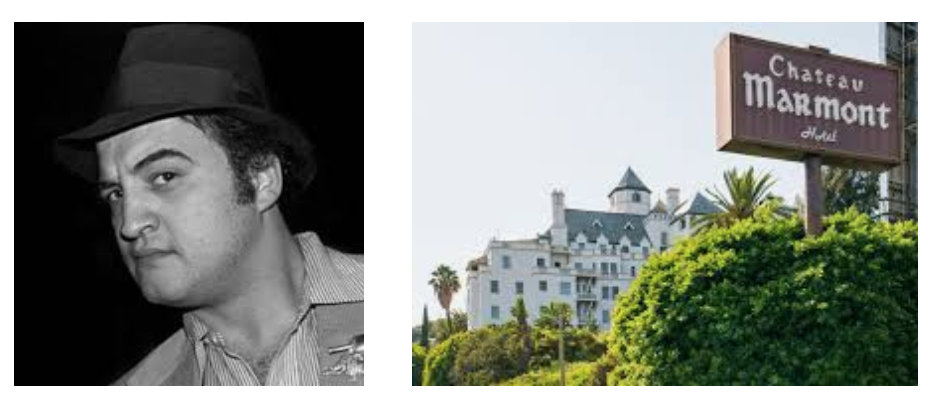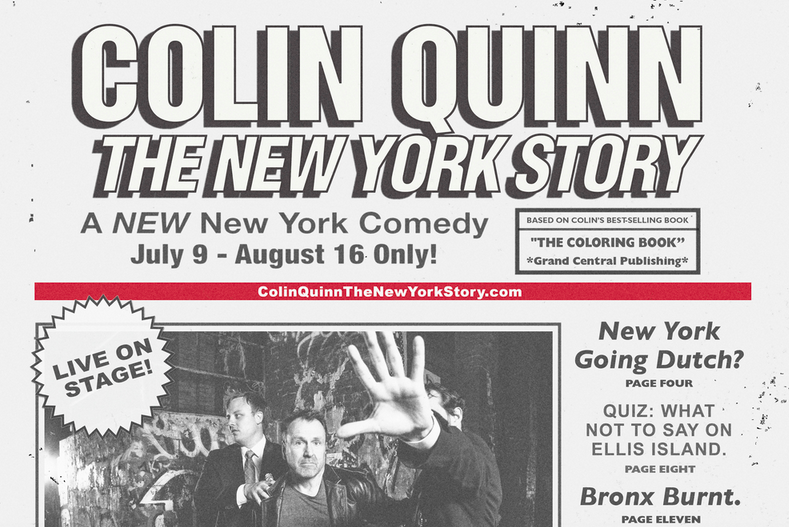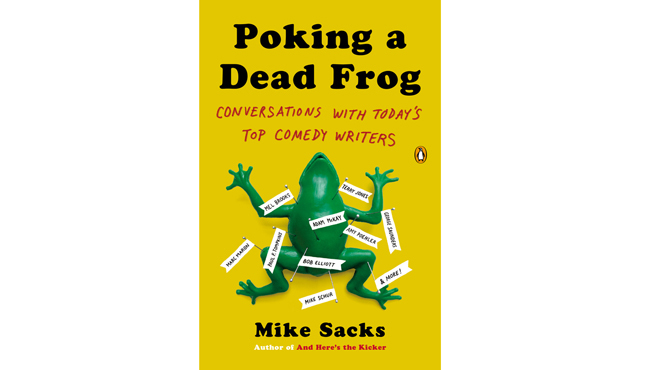A new book about West Hollywood’s notorious Sunset Strip hotel for superstars goes into deep details about the night comedy star John Belushi died from drugs.
The Castle on Sunset: Life, Death, Love, Art, and Scandal at Hollywood’s Chateau Marmont by Shawn Levy describes Belushi’s final week at the hotel, including visits from Robin Williams and Robert De Niro.
Everyone assumed Belushi was using drugs, and the suspicions were absolutely correct. He had long been known to be an all-in sort, devouring food and booze and controlled substances with the same impressive gusto with which he dove into physical comedy. His superhuman capacity had always been a point of amazement, and he wasn’t shy about boasting of it. Heedless hedonism was one of his comic gifts, and he made great comedy of his appetites onscreen and off. But the state of him that winter wasn’t a piece of acting. He had been drinking and smoking pot and, especially, using cocaine all day, every day, for a long time, and he’d begun to dabble in heroin — partly, he would tell people, as research for a movie he wanted to make about the punk rock scene.
Given that it was Hollywood and the early ’80s, this sort of behavior, while extreme, was often tolerated: You generate income for entertainment conglomerates, they don’t care too much what you do with your free time or to yourself. But Belushi was riding a poor streak. His two 1981 films, Continental Divide and Neighbors, were bombs, as was his 1979 film, Steven Spielberg’s 1941. He saw modest success with 1980’s The Blues Brothers, which gained a cult following but hadn’t sold enough tickets to compensate for its out-of-control budget. His last true hit was Animal House, almost four years earlier, a lifetime in Hollywood. He was in danger of squandering his career, and his life choices were making that seem a likelier outcome than not, even to casual observers. During his stay at Chateau Marmont, he took a meeting at a Sunset Strip nightclub with a pair of studio executives who brought their wives along. After their parley, which was — as was becoming more common with Belushi — disjointed and unproductive, one of the women said to her husband that she was reminded of a classic Hollywood tale: Billy Wilder’s Sunset Boulevard. But that was a movie about a forgotten star, he replied; everyone knew Belushi. “Sunset Boulevard,” she repeated. “I’m telling you. We just saw it.”
While Belushi was trashing his bungalow and himself, people around him were scheming to get him back to New York, where his wife, Judy, and his partner and best friend, Dan Aykroyd, felt they could help him get clean from drugs and resume working productively. Aykroyd could always bring out the best in Belushi; when he visited the Chateau during Belushi’s previous stay, the pair were seen on a lark, staging a mock sword fight in the lobby lounge, using 2-foot-long candles as weapons. Aykroyd was busily working on a script, titled Ghostbusters, for the two of them to make together with another SNL alumnus, Bill Murray. But even tracking Belushi down to have a chat was becoming impossible. He darted around erratically from nightclubs to people’s homes to restaurants to guitar shops to his favorite bathhouse to assignations with drug dealers, sometimes abandoning limousines he hired and driving off with some new acquaintance. When he was in the bungalow, he was often too addled to talk or answer the phone, or he was surrounded by clutches of sycophants and drug-world people and hangers-on and unable to have a serious conversation. He was a wreck, and he was spinning beyond the reach of anyone who could help him.
You can read the full excerpt in The Hollywood Reporter.




